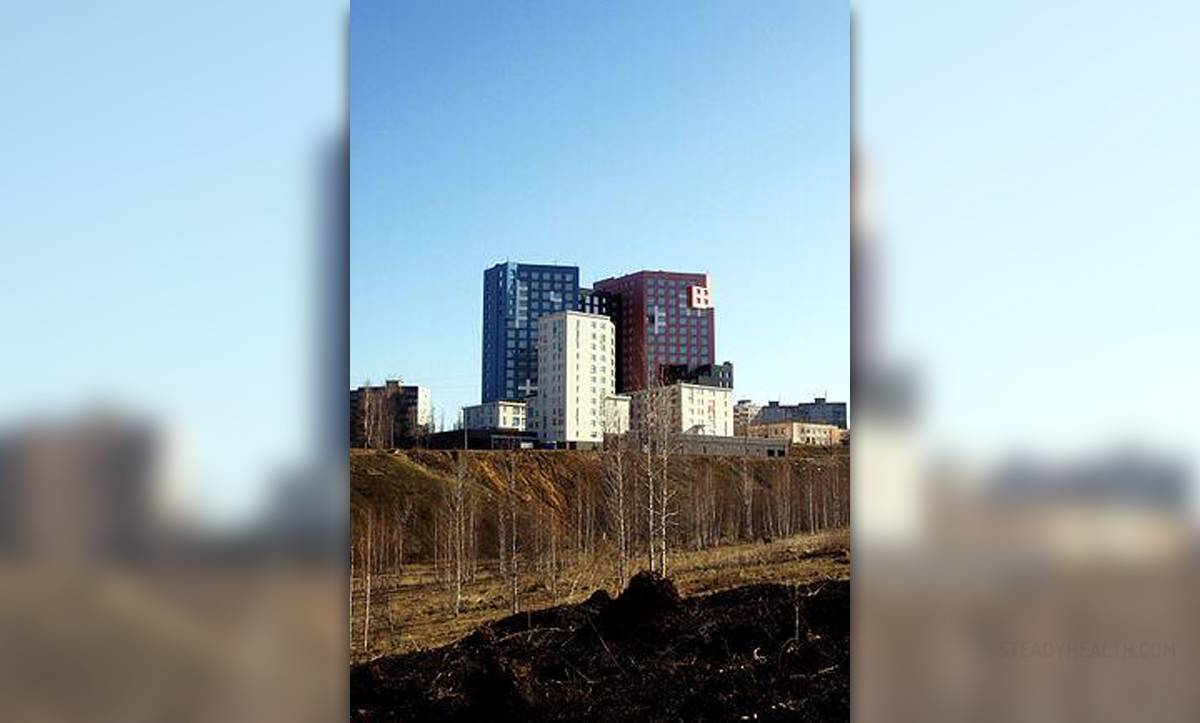
Residential care is a long-term support for all who need it, spending time in a residential home rather than one's own. So, if people with disabilities, learning problems or certain health issues are in need of such care, their parents, friends and family may pay for the expenses of residential care. Moreover, the residential home agencies themselves will cover some of the expenses.
So, basically, if a child or an adult person cannot receive all the necessary care inside his/her own home, he/she can be sent to a residential care facility where all these issues will be dealt with.
Residential Care for Those in Need
There are many types of residential homes, being suitable for different purposes and situations. For example, if a child is does not have an adequate developing and living environment inside his/her home, he/she is moved to a residential setting, especially in cases of abuse or negligence. In these cases, the government gets involved and intervenes, leaving this option as a last resort, when the child's proper development and happiness are unalterably jeopardized in his/her current dwelling.
Residential schools are yet another type of these facilities. In these schools, children spend all of their time, as if the same objects were their homes. This kind of setting is also referred to as boarding school. However, residential schools have often been considered a matter of controversy, when it comes to actual benefits children can receive there.
Furthermore, children who do not have their parents to look after them and provide the necessary support are usually transferred to orphanage care residential facilities. This is a process also regulated by the governmental factors, once the child has been evaluated, assessed and found suitable for being moved into an orphanage care.
Some other cases may lead to children spending time in a residential care facility. Some of these children are those who suffer from mental, developmental or physical disabilities. These individuals are often named children with special needs and are taken care of by a team of various experts including teachers, caregivers, therapists or even their own parents, even though the latter usually visit them over the weekend or at night.
Foster care home is another type of residential care facility, where children with special medical needs are guarded and treated well, having all the necessary medical and technological requirements at their disposal.
As far as adult people are concerned, there are various forms of residential care for them too. Namely, adult disability care is a form of support for these people, where individuals with mental or physical disabilities are admitted, taking into consideration that they cannot possibly take proper care of themselves without assistance of professional medical staff.
The elderly who may not be capable of taking care of themselves may seek residential care too, in facilities called geriatric care. These too are long-term care facilities also known as nursing homes. Alternatively, psychiatric hospital care or rehabilitation unit care are both types of residential care facilities which can be granted to people in need, depending on the problems they might be facing.
Is It Different with Mental Illnesses
In the UK, people with psychiatric problems need to get special papers signed by at least 2 health specialists. The patients to be admitted to this kind of facility need to be incapable of taking proper care of themselves, presenting a risk for him/herself. These individuals have quite often tried to commit suicide.
Finally, people who have these sorts of problems due to alcohol or drug dependencies can be admitted to rehabilitation unit care. Also, people who develop addictions to certain medications can also be admitted to rehabilitation facilities.
Staff is Essential in Residential Care Homes
Due to the fact that the elderly and all other people in need require all the assistance they can get, proper residential care provided by trained and qualified professional is a must.
The certification program, considered to be a minimal level of training, lasts for 40 hours. Moreover, the people who undergo this training need to pass a simple state exam. Ten hours of training in a facility, during 4 weeks of employment and 6 hours of specialization during the first 4 weeks with 8 hours of in-service training over the year are all necessary requirements.
In order to undergo this training, you need to be at least 21 years old and have a high-school diploma. Having finished high-school education makes you competent for work in facilities with 15 beds or less. Therefore, in order to take care of people in facilities with up to 49 beds, you need 15 college credits and 3 years of college experience for working in facilities with even more residential vacancies.
All in all, residential care facilities are very important for providing care for people in need, regardless whether they are facing mental, physical or some other forms of health problems.

















Your thoughts on this
Loading...